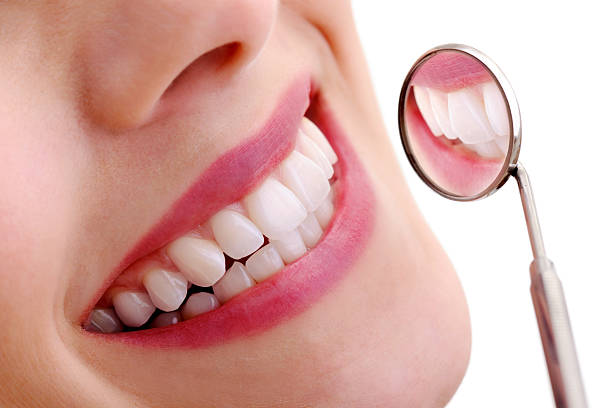
Introduction
As the global population ages, the importance of geriatric dentistry becomes increasingly evident. Elderly individuals face a distinct set of oral health challenges that require specialized care and attention. Factors such as medication side effects, chronic health conditions, and age-related changes in oral tissues can significantly impact the dental health of seniors. Geriatric dentistry focuses on addressing these specific needs, ensuring that older adults maintain their oral health and overall well-being. In this article, we will explore the key dental care challenges faced by the elderly population and discuss strategies for effective management.
Bullet Points
- Age-Related Oral Health Issues:
- As people age, they are more prone to certain oral health conditions such as dry mouth (xerostomia), gum disease, and tooth decay. These issues can be exacerbated by the natural aging process, where saliva production decreases, and the gums may recede, exposing the tooth roots to decay.
- Dry mouth is a common problem among seniors, often caused by medications used to manage chronic conditions. Without adequate saliva, the mouth’s natural defense against bacteria diminishes, leading to an increased risk of cavities and gum disease.
- Gum disease, or periodontitis, is another prevalent condition among the elderly. It can progress more rapidly in seniors due to weakened immune systems and may result in tooth loss if not properly managed.
- Impact of Medications and Systemic Health Conditions:
- Many elderly individuals take multiple medications to manage various chronic health conditions, such as diabetes, hypertension, and heart disease. These medications can have side effects that impact oral health, including dry mouth, gum overgrowth, and increased bleeding risk.
- Systemic health conditions, like diabetes, can further complicate oral health in seniors. For instance, poorly controlled diabetes can lead to increased susceptibility to infections, including gum infections, and can slow down the healing process after dental procedures.
- It is crucial for dental professionals to have a thorough understanding of a senior patient’s medical history and medication regimen. This allows for tailored dental care that addresses both oral and systemic health needs, ensuring comprehensive treatment and minimizing complications.
- Challenges with Dental Care Access and Mobility:
- Access to dental care can be a significant challenge for the elderly population, particularly those with mobility issues or those living in rural areas with limited access to dental services. Transportation difficulties, physical limitations, and financial constraints can all hinder regular dental visits.
- For seniors in assisted living or nursing homes, dental care may not always be prioritized, leading to neglected oral health. Implementing regular on-site dental visits or mobile dental services can help address this gap and ensure that seniors receive the care they need.
- Caregivers play a vital role in the oral health of elderly individuals, particularly those with cognitive impairments or disabilities. Training caregivers on proper oral hygiene practices and ensuring they have the necessary tools and knowledge can make a significant difference in maintaining the oral health of seniors.
Conclusion
Geriatric dentistry is essential for addressing the unique dental care needs of the elderly population. With age-related oral health issues, the impact of medications and systemic health conditions, and challenges with access to care, seniors require specialized attention and care. By prioritizing regular dental check-ups, personalized care plans, and support for caregivers, we can help ensure that older adults maintain their oral health and enjoy a better quality of life.
In summary, the field of geriatric dentistry plays a critical role in managing the oral health challenges faced by the elderly. Through understanding and addressing the specific needs of seniors, dental professionals can provide comprehensive and compassionate care that enhances the overall well-being of this growing population. With the right approach, we can help seniors preserve their smiles and their health as they age.
Recent Comments